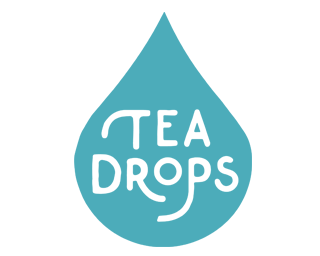To Eat Late or To Not Eat Late?
May 23, 2015A Bedtime Snack?
We all know it, “No Food 2 hours before bed”. But is this really something we have to follow? Will consuming food late at night really add to your waistline and decrease your health? Scientists have been researching this for decades.
Studies using night shift workers have demonstrated an increased risk of obesity in those that consume most of their calories and nutrients during evening/night hours when compared to day workers. However, this could relate to poor food choices and lack of sleep and exercise habits. One study also showed that the rise in metabolism following a meal is the lowest during nighttime intake. We also know that less sleep leads to increased intake of fat and calories along with body mass index (BMI). These increases in calories could just be the more time awake for eating occasions.
New data is demonstrating that a small, high nutrient snack (less than 200 calories) may benefit sleep and overall health. Very few studies have been able to successfully demonstrate the impact of a bedtime snack on long-term health. However, one study showed a group that consumed a small snack at bedtime (compared to a group who consumed that same snack during the day) had changes in rate of fat burning. More research with large sample groups and studies regarding long-term effects are needed in order to fully see the effects of a night time snack.
For younger, more active individuals consuming food close to bedtime may benefit sports performance. Many clients have heard that consuming protein before bedtime will “Rev” their metabolism during the night. However, we do know that consuming certain types of protein at night will interfere with sleep hormones and quality of sleep. Multiple studies have looked at consumption of a whey protein drink 30 minutes before bed in athletes. Results demonstrated increased baseline metabolism during the next morning, when compared to the non-calorie drink consumers. It is difficult to conclude the full effects of these studies because subjects may have been in a calorie deficit in the first place.
Despite all the recent research studies, we still should decide what’s best for our own body based on our own health. If you consume smaller meals throughout the day and consume dinner several hours before bed, a snack of popcorn, crackers or a small piece of fruit might be beneficial for you.
Direct any additional questions to KClifford@KbFitnessSolutions.com






